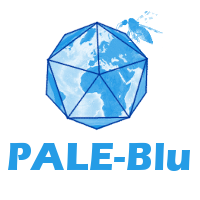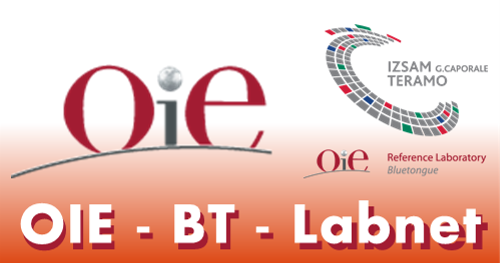Forums:
Apply before: 28 Feb.
Source: https://www.itg.be/E/Vacancy/2021-1217resprofoh-dbmc
ITM has a long tradition of interdisciplinary research into infectious diseases (e.g. malaria, Chikungunya, Zika, sleeping sickness, leishmaniasis, helminthiasis, COVID-19). Throughout the evolution of infectious diseases, pathogens have increasingly passed from animals to humans, with dramatic consequences, as exemplified by the recent Covid pandemic. Some farming practices such as use of antibiotics can increase the risk of harmful zoonoses. Animals and vectors are also often intrinsic parts of the life cycle of several pathogens that affect humans (zoonoses) and these infections can disproportionately affect subsistence communities throughout the world who are disproportionately exposed to domestic and wild animals. This human-animal interface entails multiple research needs and opportunities, including in the areas of (i) zoonotic and drug-resistant pathogens emerging from livestock; (ii) the microbial spillover from wild and domesticated animals, (iii) the discovery of unknown pathogens or unknown variants, (iv) the discovery of unknown animal reservoirs for known pathogens. A comprehensive understanding of the human-animal interface is more important than ever to combat infectious diseases.
Recognizing that pathogen-, vector-, animal- and human host populations interact with each other and with the environment, the Eco-Epidemiology Research Group in ITM’s Biomedical Sciences Department applies a whole system (One Health, Eco-health) approach to understand the transmission and to improve the prevention, control and/or elimination of infectious diseases. We do this by interdisciplinary research, combining field epidemiology and ecology with lab-based research and modelling.
To complete the Eco-Epidemiology Research Group, we are seeking an outstanding scientist to set up and lead the One Health Unit, focussing on research on pathogens at the human-animal interface and the prevention and control of zoonoses.The candidate will be expected to develop a comprehensive, competitive and innovative research programme, in collaboration with Units of the Departments Biomedical Sciences, Clinical Sciences and Public Health and in line with the institutional research priorities. This position will be dedicated to research and generating high-quality research output (80%), and also includes limited teaching assignments and other service assignments (20%).





